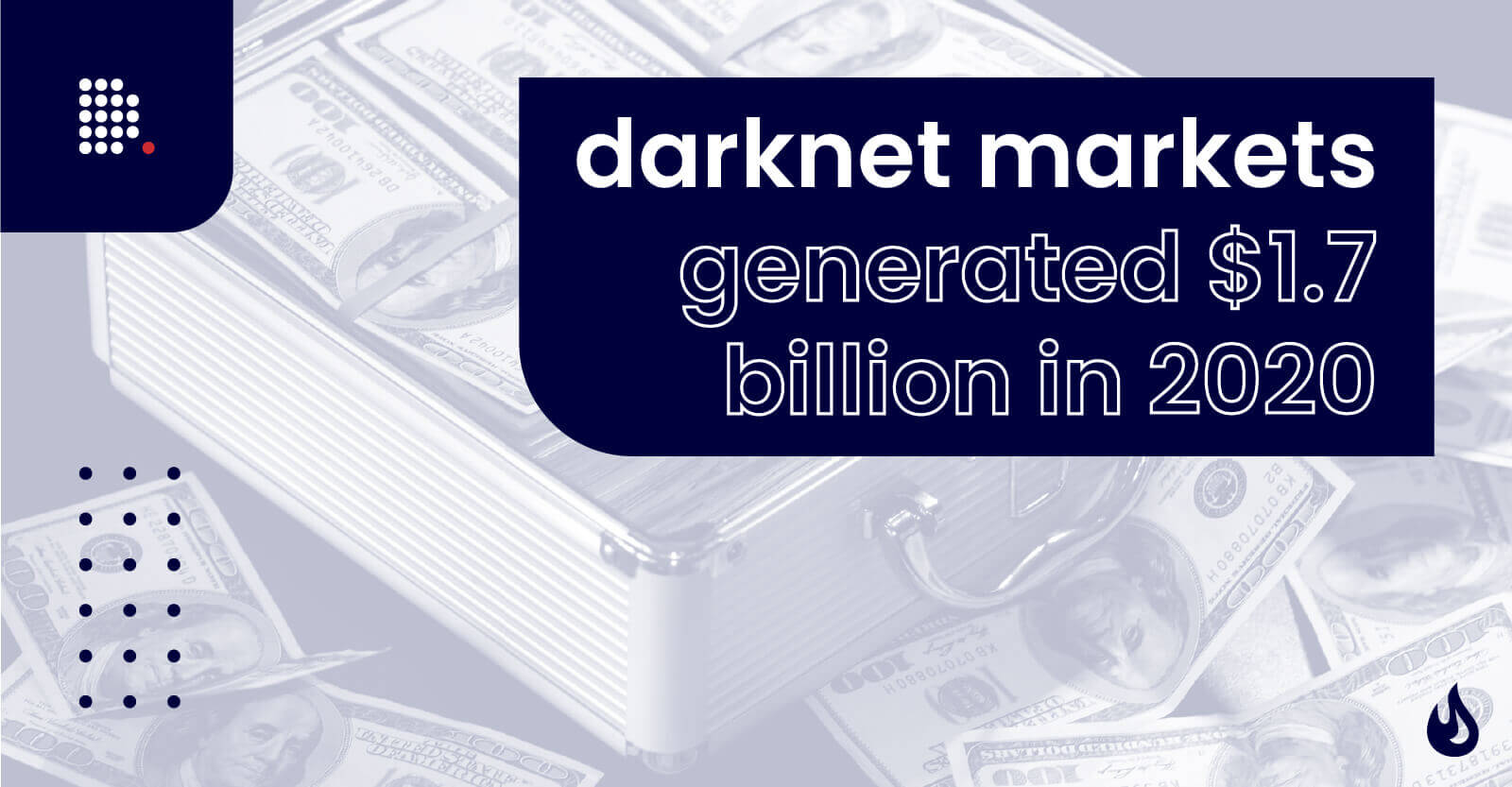In the shadows of the web lies a realm that intrigues and terrifies in balanced proportion—the dark web. Frequently enveloped in mystery, dark web marketplaces have emerged as a intricate network where obscurity reigns and the rules of traditional commerce are subverted. These hidden marketplaces, accessible through specialized applications, provide a venue for purchasing and trading a variety of goods and services, spanning the harmless to the illicit. This allure of secrecy and the thrill of discovering the unpredictable draw countless individuals into the depths of the dark web.
Inquisitive thinkers and risk-takers alike are enchanted by the potential of unfiltered access to a domain where anything seems feasible. Yet, along with tempting prospects comes a maze of moral quandaries, safety concerns, and potential legal repercussions. As we delve further into the nuanced terrain of dark web marketplaces, we will explore the elements that enchant users, the complex motivations behind their exchanges, and the consequences of engaging with a world that exists far beyond the bounds of ordinary society.
Grasping the Obscure Web
The dark web is a part of the internet that is not indexed by conventional search engines, making it a hidden realm of digital activity. Accessing this area requires specific software, such as the Tor browser, which anonymizes users by directing their connections through a system of servers. This secrecy is what attracts many to the dark web, providing a platform where individuals can engage without the scrutiny of the outside world.
One of the main reasons people venture into the dark web is to access its numerous markets. These markets enable the exchange of goods and services that are often unlawful or heavily restricted in the mainstream internet. darknet sites From counterfeit currencies to illegal drugs, dark web markets have gained infamy for facilitating transactions that operate outside the limits of law. Users explore these markets using cryptocurrencies to maintain their privacy and security during purchases.
The hidden web also attracts those who wish to connect freely without censorship, which can be especially attractive in oppressive regimes. Whistleblowers, activists, and journalists often utilize this space to exchange data or share sensitive data. While the allure of hidden web markets might be focused around illicit activities, it is crucial to recognize the complexity of motivations driving individuals to explore this uncharted domain.

A Attraction of The Dark Web Markets
The dark web market attract users for various reasons, including anonymity being a primary allure. In a technological age where personal privacy issues are heightened, the dark web offers a space where individuals can engage freely without the watchfulness of oversight. Users are drawn to the promise of secrecy, allowing them to explore products and services that may be prohibited or illegal in their respective countries. This sense of safety creates an enticing environment for those seeking to venture outside conventional boundaries.
Additionally, appealing aspect of dark web market is the wide array of offerings. In contrast to regular online retail, these markets serve niche interests and offer access to products that are often difficult to find elsewhere. From illegal substances to hacking services, the diversity of goods available propels intrigued consumers to dive deeper into the dark web's offerings. This variety not only heightens interest but also creates a feeling of adventure for users seeking experiences outside of the norm.
Furthermore, the culture surrounding dark web markets creates a unique community among users. Many find a sense of belonging in shared interests, bonding over experiences and the sharing of information. This community factor can be both motivating and addictive, prompting individuals to participate more actively in the dark web ecosystem. The combination of anonymity, diverse products, and a sense of belonging contributes to the strong pull of these underground marketplaces.
Threats and Outcomes of Engaging with the Deep Web
Interacting with dark web markets can open users to significant legal dangers. The sale and distribution of illicit goods and services commonly found on these platforms, such as controlled substances, weapons, and stolen data, can lead to severe legal consequences. Law police agencies are increasingly surveilling deep web activity, leading to detentions and prosecutions. People caught buying or selling illegal items may encounter legal charges, fines, and jail time, affecting their prospects and reputation.
Another peril associated with the deep web involves the risk of cybercrime. Many users inadvertently expose themselves to fraudsters and hackers operating within these markets. Deceptive transactions can result in monetary loss, identity theft, or the download of malicious software on personal devices. Because of the secrecy that the deep web provides, retrieving lost assets or seeking justice can be extremely difficult, leaving victims vulnerable and without recourse.
Moreover, the deep web can foster a toxic environment that encourages dangerous behaviors. The exposure to disturbing content, criminal activities, and unethical practices may desensitize users or lead them to engage in high-risk behavior. This possible normalization can have lasting effects on mental health and social views, blurring the lines of lawfulness and ethics. As individuals delve deeper into these markets, they may find it more difficult to disengage, leading to further repercussions in their personal and work lives.

